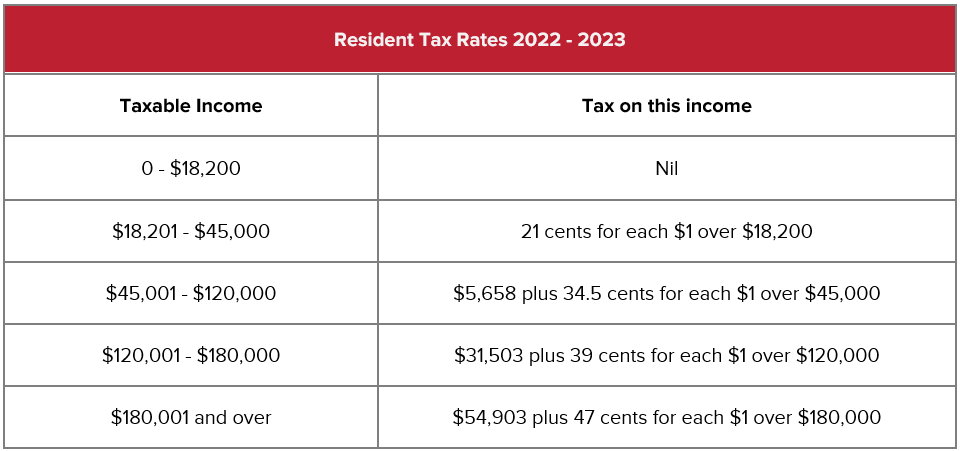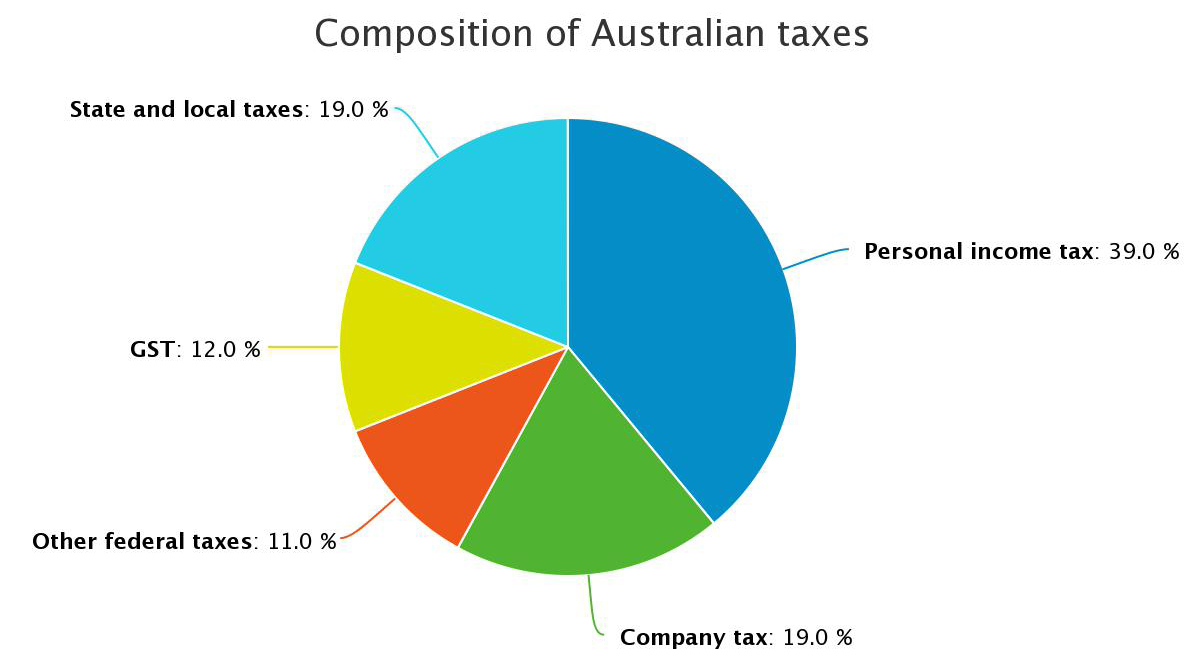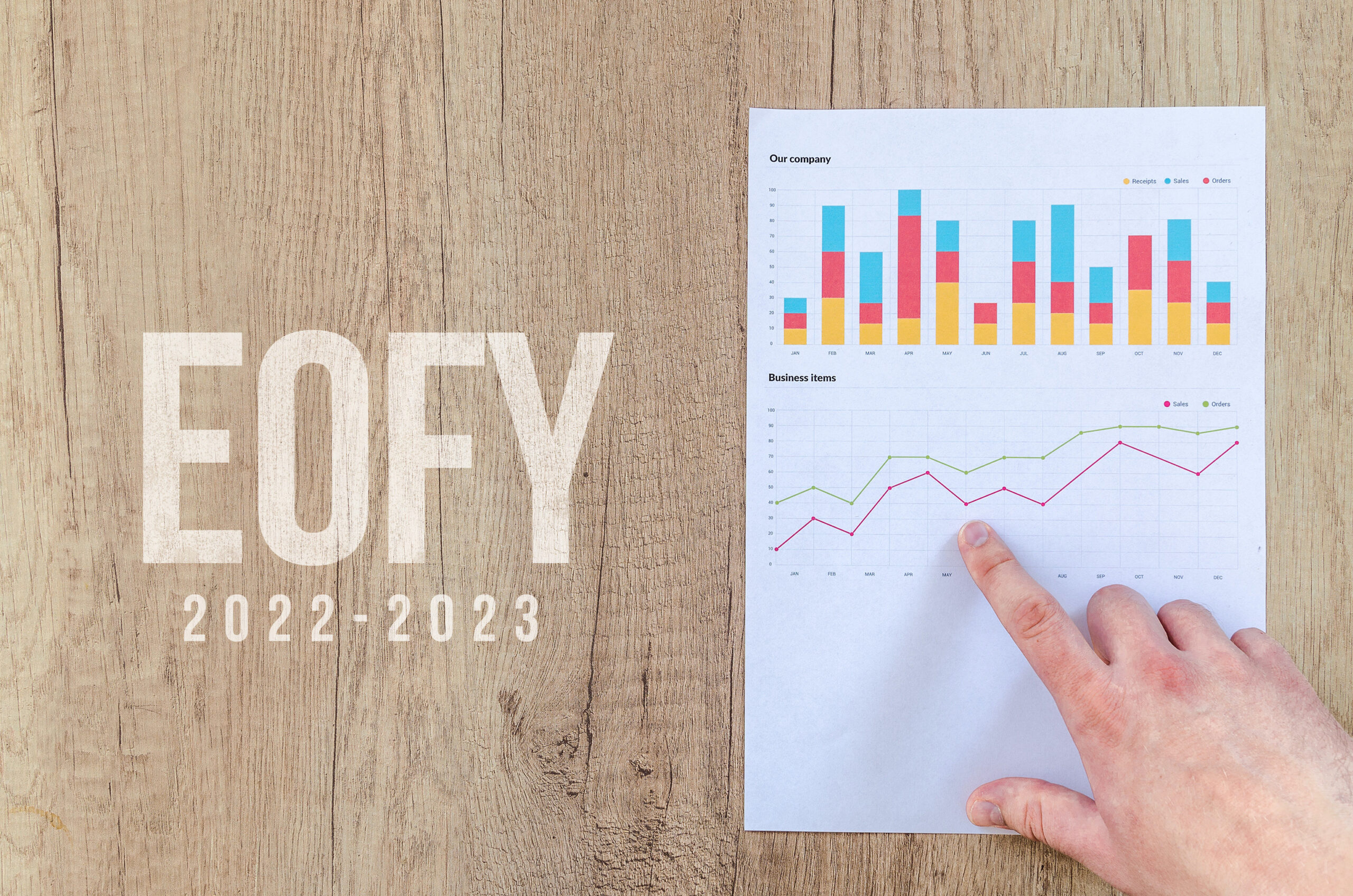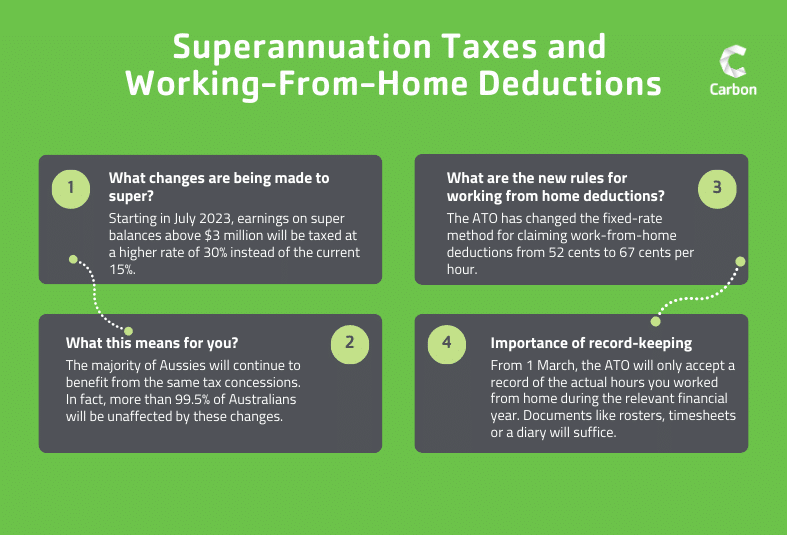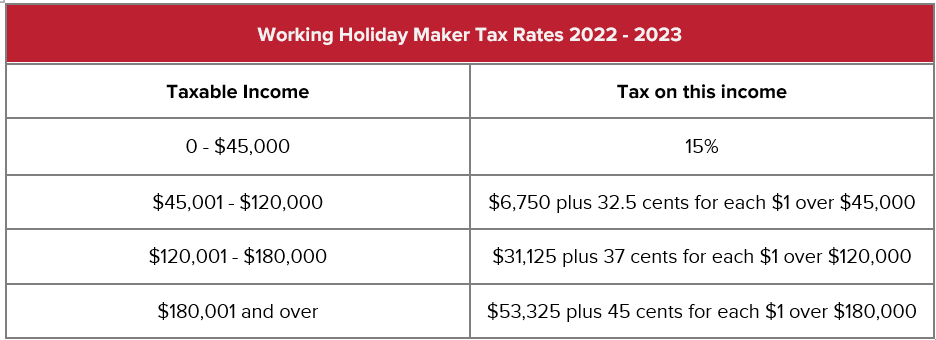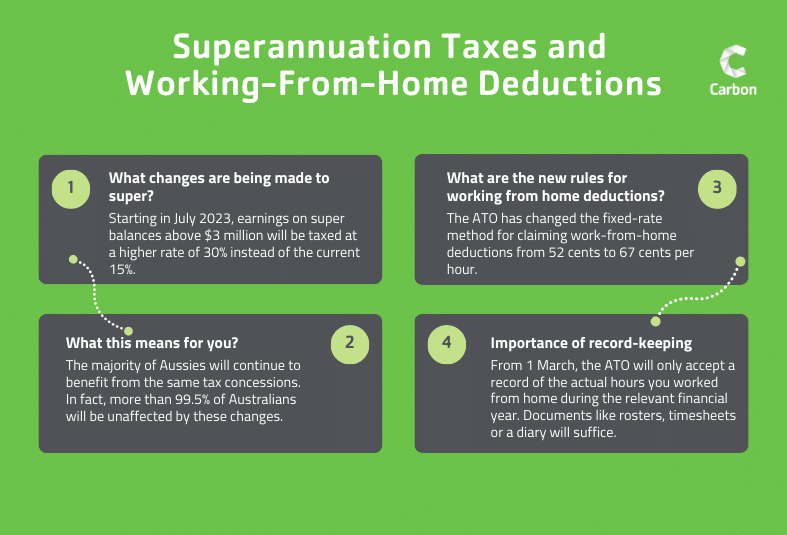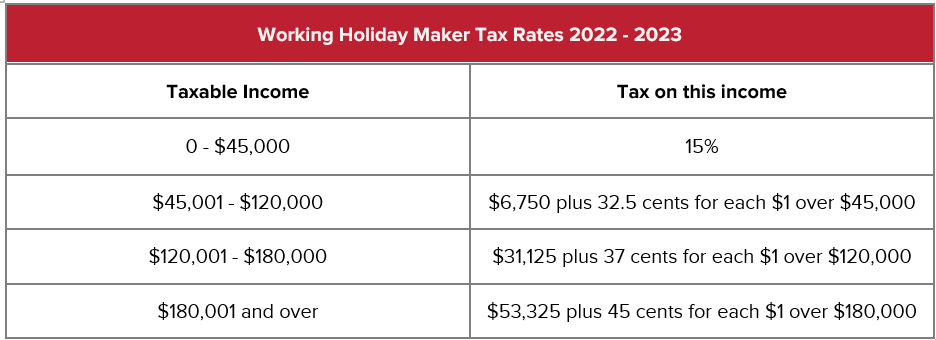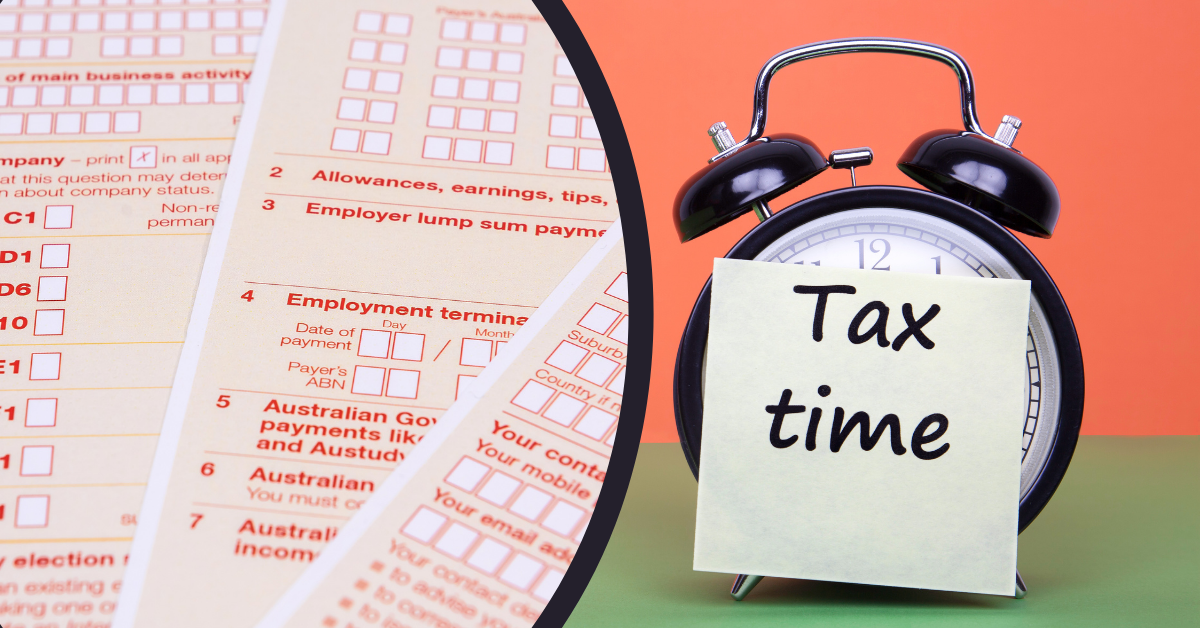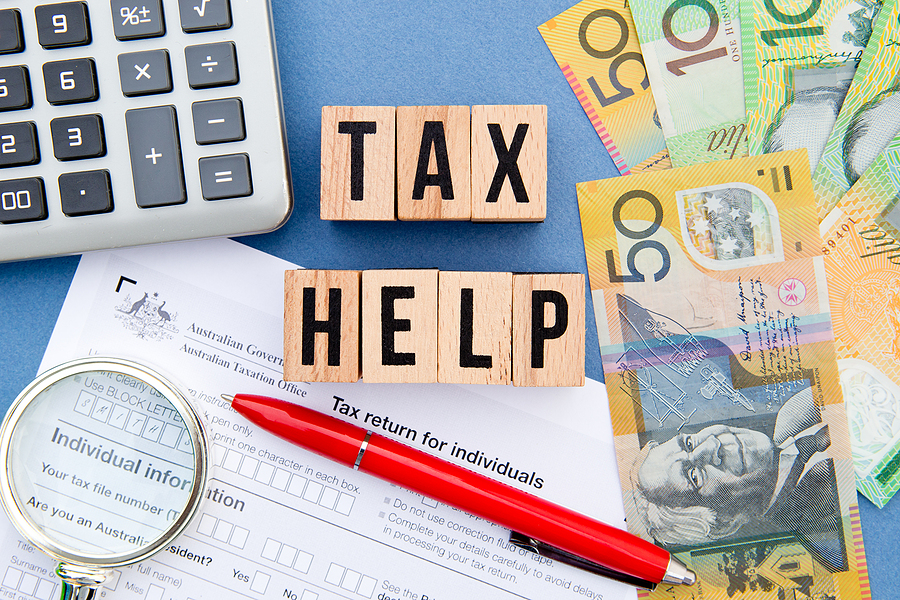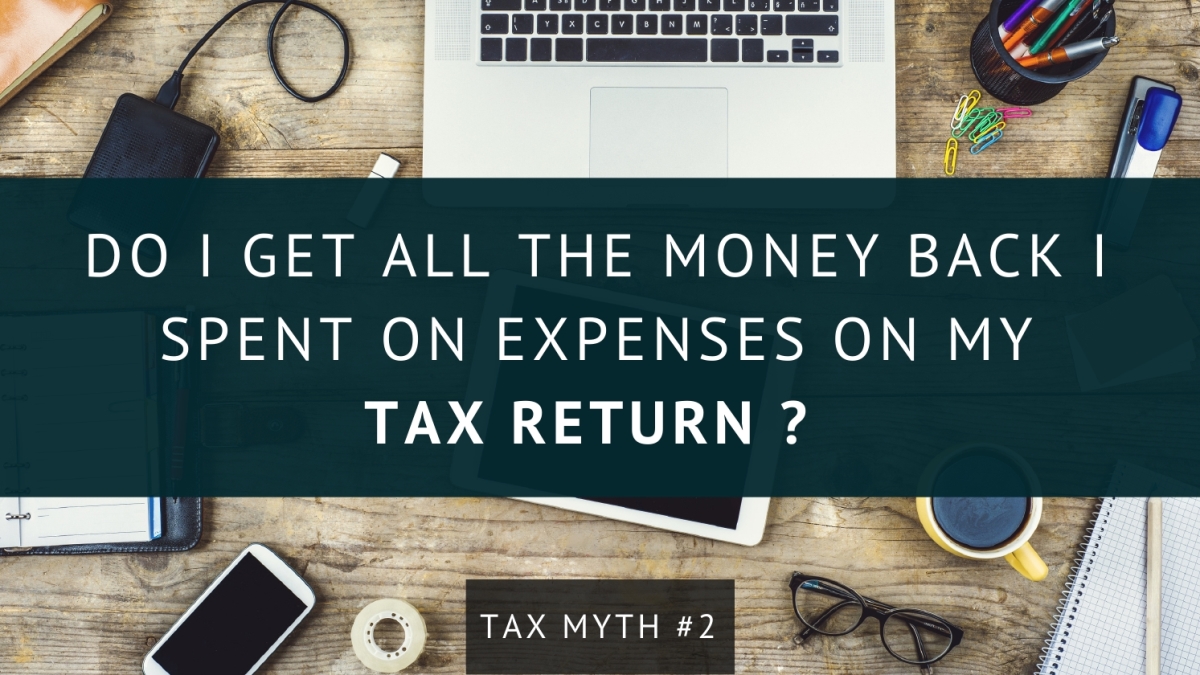Why is tax so high in Australia?
Australia is known for its high taxation rates, with many individuals and businesses often feeling the burden of paying substantial amounts of tax. Several factors contribute to the high tax rates in Australia, and understanding these reasons can provide insights into the country’s taxation system. In this article, we will explore the main factors that contribute to the high tax rates in Australia.
Economic and Social Infrastructure
Australia boasts a strong economy and a well-developed social infrastructure. The government invests heavily in public services, such as healthcare, education, transportation, and social welfare programs. While these services provide significant benefits to the citizens, they also require substantial funding. Taxation is the primary source of revenue for the government to maintain and expand these crucial services. For CBD tax time help see here.
Additionally, Australia has a relatively small population compared to its vast landmass. Providing services and infrastructure across the country can be costly due to the need for extensive networks and long distances between populated areas. This geographical challenge further contributes to the high tax rates in order to sustain a high level of service provision across the entire nation.
Progressive Taxation System
Australia follows a progressive taxation system, which means that individuals with higher incomes pay a higher proportion of their income in taxes. This approach aims to distribute the tax burden more equitably and promote income redistribution. While this system can be fairer in terms of wealth distribution, it also results in higher overall tax rates for high-income earners.
According to the Australian Tax Office (ATO), the top marginal tax rate is currently set at 45%. This rate applies to individuals earning above a certain threshold, which is adjusted periodically. The progressive nature of the tax system ensures that those who can afford to contribute more do so, but it also means that high-income individuals bear a significant share of the overall tax burden.
Government Expenditure and Welfare Programs
The Australian government operates several extensive welfare programs and social safety nets to support its citizens. Programs such as healthcare, unemployment benefits, and aged pensions require substantial funding, which is obtained through taxation. These welfare programs contribute to the overall tax burden in Australia.

Why is tax so high in Australia?
Moreover, the government also invests heavily in infrastructure development, defense, and other public services. These expenditures require a substantial amount of revenue, and taxation is a primary means of generating the necessary funds. The government’s commitment to maintaining a high standard of living for its citizens through various programs and services significantly contributes to the higher tax rates.
Goods and Services Tax (GST)
Australia has a Goods and Services Tax (GST), which is a value-added tax on the consumption of goods and services. The GST rate is currently set at 10% and applies to most goods and services, excluding essential items such as basic food items and medical services. The GST revenue contributes to the overall tax revenue of the country.
The GST is considered regressive since it affects all individuals, regardless of their income level. However, it is an important source of revenue for the government, enabling the funding of essential services and infrastructure projects.
Conclusion
While tax rates in Australia may seem high compared to some other countries, it is important to understand the underlying factors contributing to these rates. Australia’s robust economic and social infrastructure, progressive taxation system, extensive welfare programs, and the implementation of the Goods and Services Tax all play a role in shaping the country’s tax landscape.
